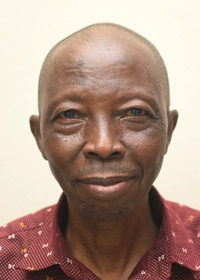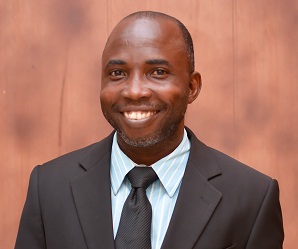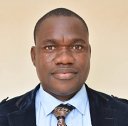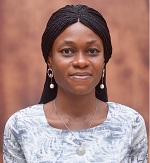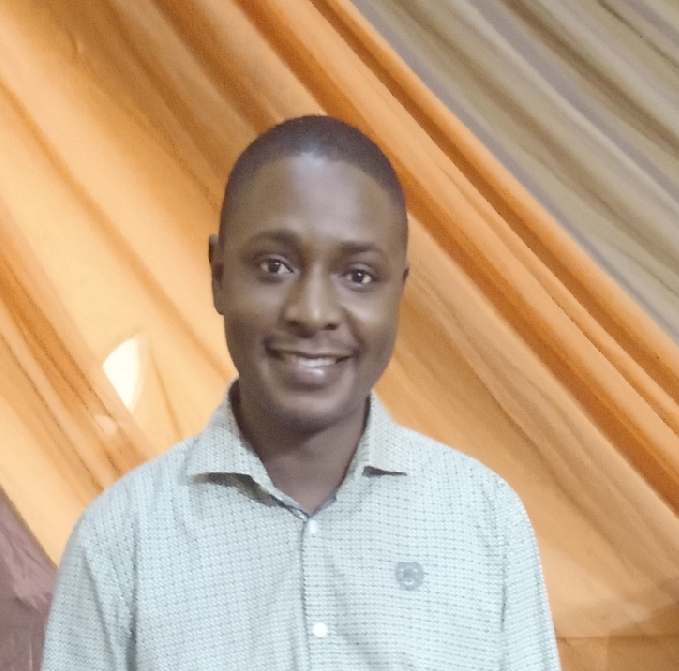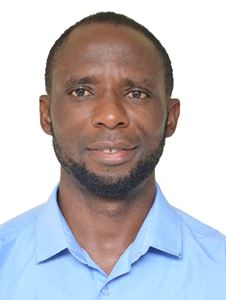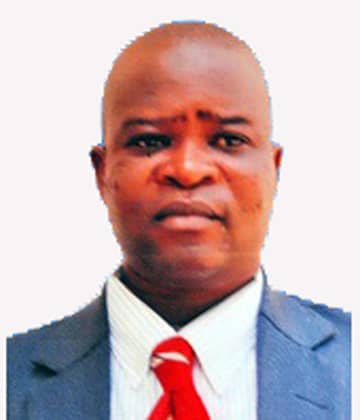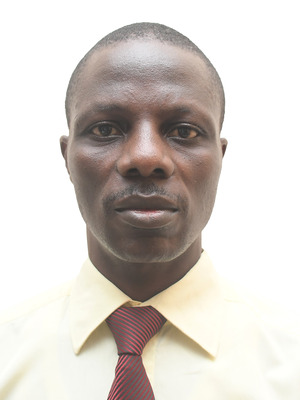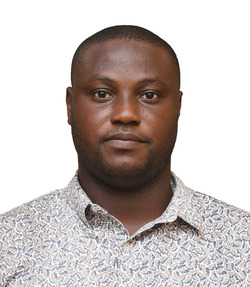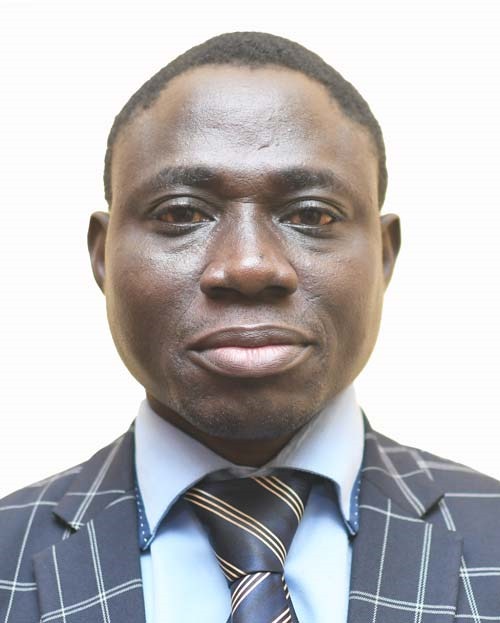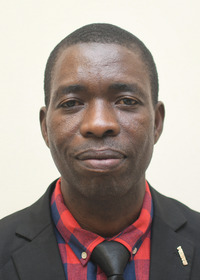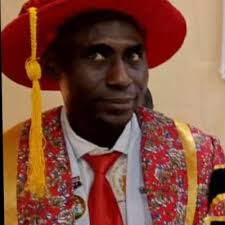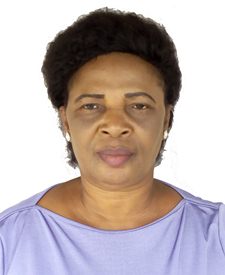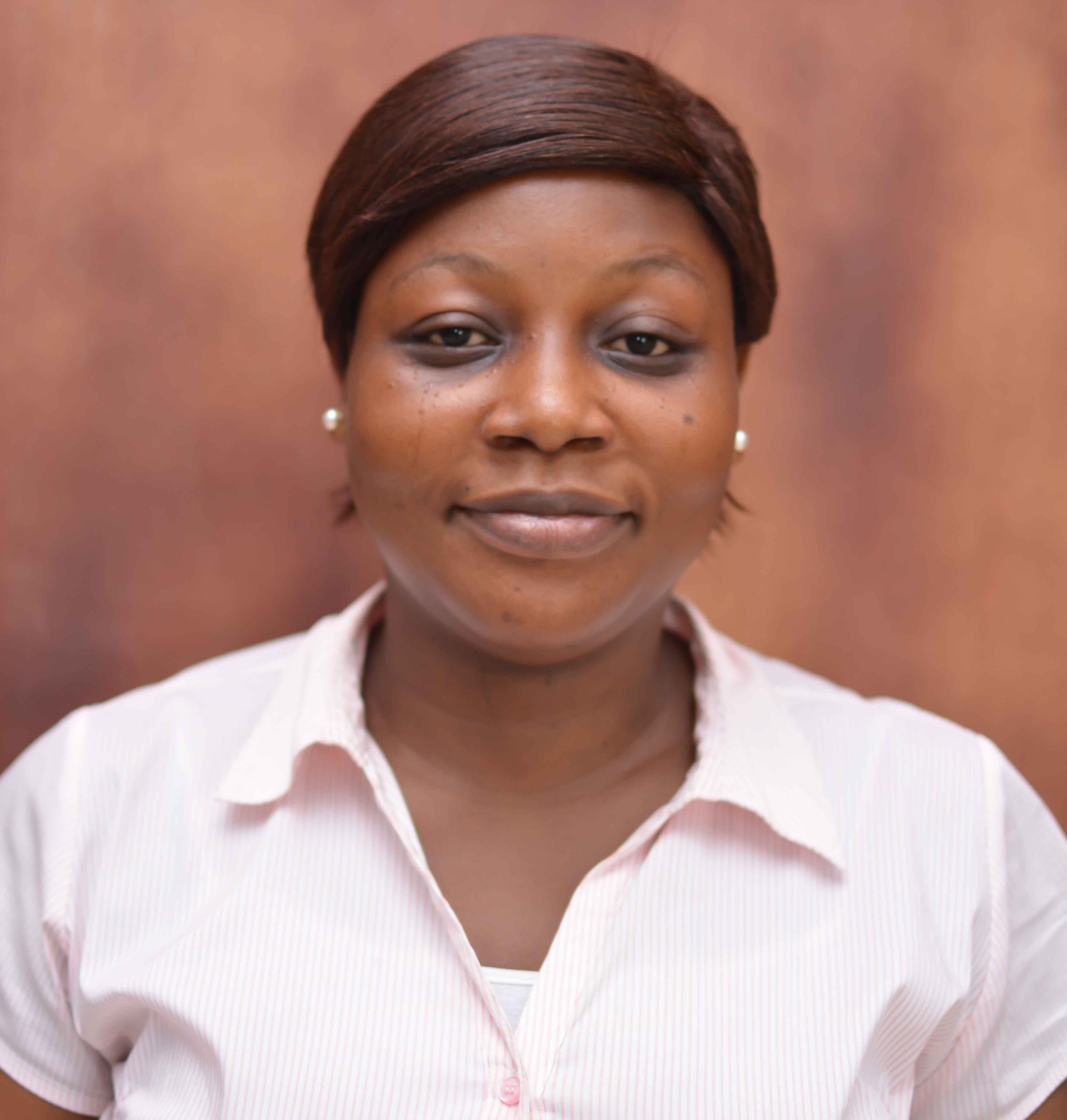I am delighted to welcome you to the Department of Mathematics at the University of Medical Sciences, Ondo City, Nigeria. Mathematics is an integral part of a nation’s economic development. Science and Technology is the main driven force for the social and economic development of society, and mathematics is the language of science and Technology. It provides the broad-based foundation for medical sciences and the skills that help in making informed medical decisions. Mathematics is the gate and key to all sciences, and health professionals use it when they administer medications.
Our primary goal in the Department of Mathematics is to instill in our students the zeal for mathematics, its application in different areas and to involve them in an intellectually stimulating and satisfying experience of learning. We provide our students with a broad and balanced foundation in mathematical knowledge and practical skills in the physical and biological sciences. Our students develop a wide range of transferable skills of value in mathematical and non-mathematical related situations. They also appreciate the importance of mathematics in health, industry, in the economy, and social context.
On behalf of the faculty, I warmly welcome you to our department. Please join me in transforming the Department of Mathematics to its full potential for excellence.
Thank you
The primary objectives of the Department of Mathematics is to provide our students:
1. With a broad and balanced foundation in Mathematics, including practical skills in the physical and biological sciences.
2. The ability to apply their knowledge and skills in Mathematics to the solution of theoretical and practical problems.
3. A range of transferable skills of value in mathematical related and non-mathematical related employment.
4. The knowledge and skills required for higher studies in specialized areas of Mathematics or multi-disciplinary areas involving mathematics.
5. An appreciation of the importance of Mathematics in health, industrial, economic, environmental, and social context.
Program Students Learning Outcomes
After the completion of the B.Sc. degree in Mathematics, a graduating student will be able to:
1. Implement quality research works in mathematics and related fields.
2. Apply mathematics skills to formulate models of real-life situations requiring mathematical solutions.
3. Interpret and solve mathematics-related problems.
4. Analyze raw data and draw appropriate inferences, especially during population census and when there is an outbreak of a particular disease or epidemic.
5. Use different mathematical and statistical software needed in their daily activities.
6. Apply mathematical skills in other areas of life such as in business, economy, science and technology, health care, telecommunications, agriculture etc.
7. Design appropriate questionnaires for data collection performance evaluations in institutions and organizations.


